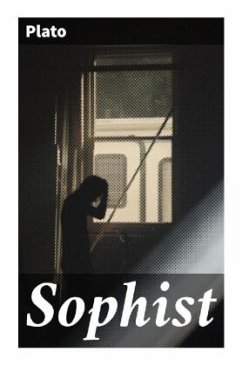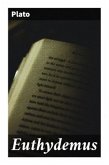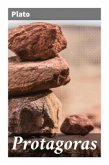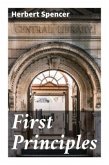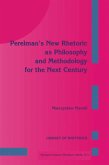In Plato's "Sophist," the philosophical dialogues explore the intricate relationship between being and non-being, the nature of sophistry, and the distinction between true philosophy and mere rhetoric. Through a series of dialectical exchanges, Socrates and his interlocutors unravel the complexities of existence, challenging the reader to critically engage with definitions of knowledge, illusion, and reality. The text is enriched by Plato's characteristic use of metaphors and paradoxes, highlighting his innovative approach to philosophical inquiry against the backdrop of classical Greek thought, where the pursuit of truth often intersected with the art of persuasion. Plato, a student of Socrates and an influential figure in Western philosophy, was profoundly shaped by the political turmoil and intellectual currents of Ancient Athens. His critical stance against sophistry-to which the book's title refers-was partly a reaction to the manipulative rhetoric that characterized Athenian democracy. Plato's engagement with metaphysics and epistemology in this dialogue reflects his commitment to establishing a robust philosophical foundation, distinguishing genuine knowledge from deceptive appearances. "Sophist" is essential reading for anyone seeking a deeper understanding of philosophical thought and its historical context. This text not only challenges readers to ponder fundamental questions about existence and knowledge but also illuminates vital connections between philosophy and ethics, making it a rich resource for scholars, students, and anyone intrigued by the complexities of human understanding.
Bitte wählen Sie Ihr Anliegen aus.
Rechnungen
Retourenschein anfordern
Bestellstatus
Storno

